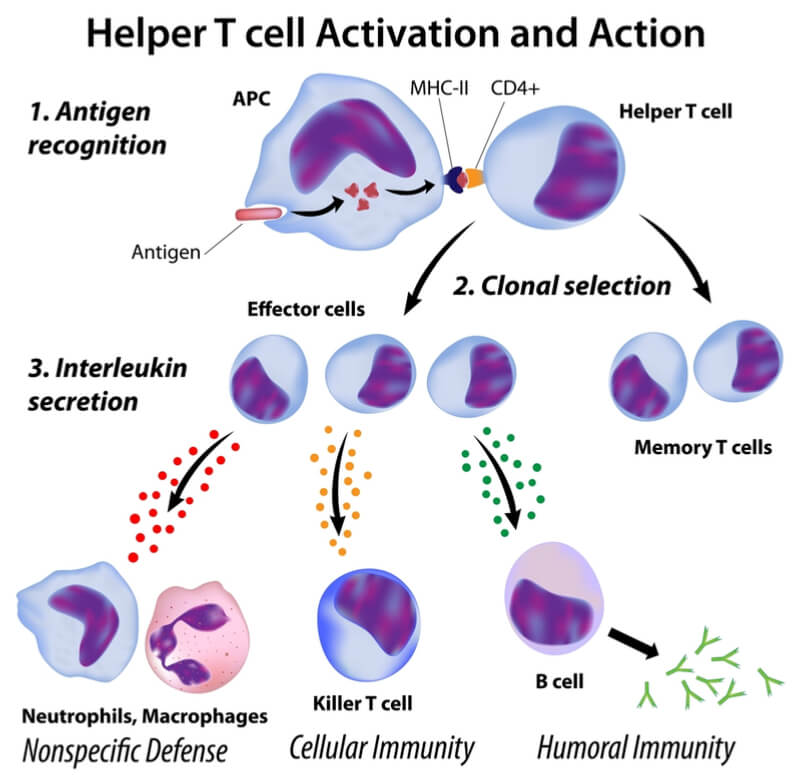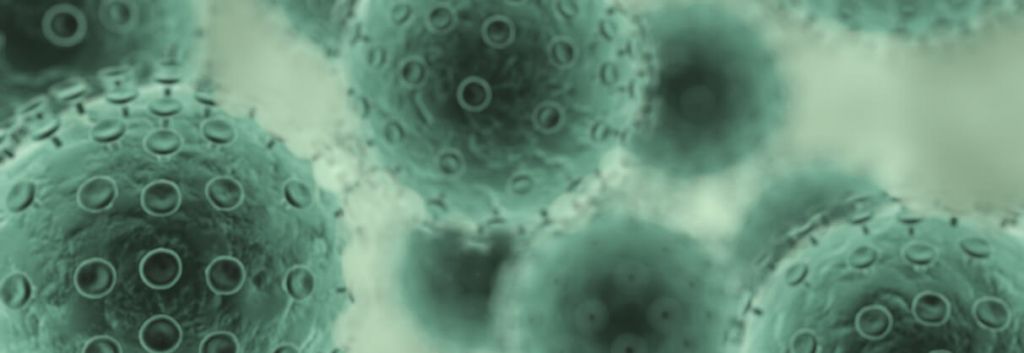In the early stages of infection, the immune system might be able to stop HIV. Austrian researchers have taken a closer look to see what can be done before it’s too late.
There has been no shortage of research to find an effective treatment or cure for HIV/AIDS, which affects over 36 million people. Austrian researchers at the Medical University of Innsbruck, who received funding from the Austrian Science Fund FWF, focus on the interaction of the virus with the immune system before it spreads throughout the body – a time during which infection could be prevented. The group hopes to better understand the early stages of human immunodeficiency virus (HIV) infections to stop the disease in its tracks.
HIV infects and integrates itself into the genome of helper T cells and impairs their function. The immune system deteriorates until it no longer effectively fights infection and disease. At this point, the individual is at risk of opportunistic infections, which exploit the individual’s weak immune system. An individual that has had one or more opportunistic infections or HIV-related cancers has developed acquired immunodeficiency syndrome (AIDS).
The group has concentrated on the initial contact between immune cells and HIV. Complement, a component of the innate immune system that helps antibodies and phagocytic cells to remove pathogens, could be a candidate to quickly take care of the infection. Complement coats the virus, making it easier for the immune system to detect and deal with the threat. Antigen-presenting cells (APCs) then initiate an effective immune response, activating helper and killer T cells to fight off the infection.

The group tested this hypothesis in 3D cell models and found that complement-coated HIV is rapidly detected by APCs, allowing T cells to efficiently fight the infection. These results suggest that an effective vaccine could be possible, for administration during the first two weeks of infection – after which point HIV-specific antibodies emerge that recognize but do not neutralize the virus.
Big names in the field like Abivax and Sanofi recently enjoyed positive Phase IIa results for its candidate ABX464 and developed a ‘super-antibody’ that can kill 99% of strains, respectively. Elsewhere, a young Berlin-based biotech, Immunologik, is taking an alternative approach to many, by targeting a host cell target that is crucial to the HIV infection.
By identifying the best possible time to strike, future attempts to develop an HIV vaccine could succeed where others like Merck and have failed.
Images – Sur / shutterstock.com; Alila Medical Media / shutterstock.com





